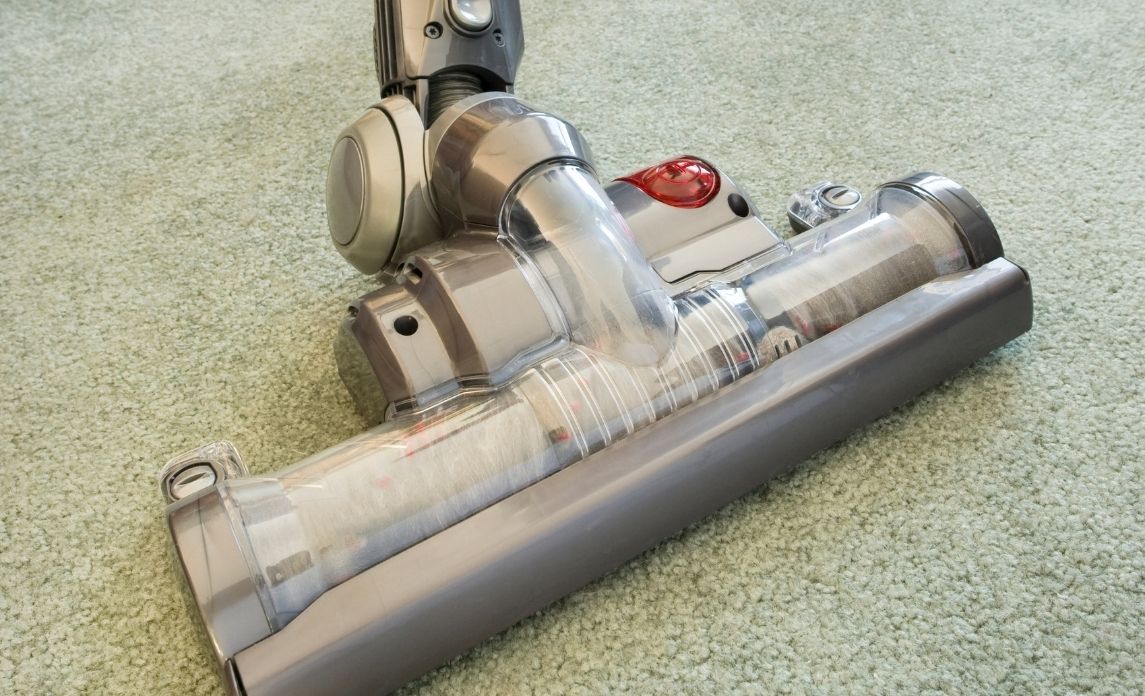The invention of the first vacuum cleaner in the early days of the 1900s has completely changed the way people clean their homes and offices. What used to be a dreadful chore ended up being something a little easier and even fun to do. In addition, thanks to technology, the vacuum cleaner which used to be expensive and bulky is now more affordable and compact.
There’s also a wealth of choice to suit everyone’s needs—from high-power vacuums that professional cleaners use to deal with deep-seated dust to robotic vacuums that can crawl into hard-to-reach nooks and crannies.
For most homeowners, the choice usually boils down between battery-powered and corded vacuums. If you don’t have one yet or are planning to make the switch, check out the list of pros and cons below to help you make an informed choice.
Battery-Powered Vacuum Pros and Cons
Battery-powered vacuums, as their name implies, run on rechargeable batteries. Often called cordless vacuums, these cleaners come in either handheld, stick, or robotic variants.
Pros
Using this kind of vacuum cleaner affords the following advantages:
-
Compact and lightweight. Many battery-powered vacuums weigh only about 5 to 7 pounds, which means they’re easier to handle and navigate. A lot of cordless vacuums also have space-saving designs, which is ideal if you live in a small home or apartment.
-
Portability. Because you don’t have to deal with a cord, you can use a battery-powered vacuum almost anywhere. In particular, you can easily use a handheld cordless vacuum to clean your car and to dust off hard-to-reach spots at home.
-
Use anytime. Just in case the power goes out, you can still use a battery-powered vacuum to clean up.
Cons
Meanwhile, the downsides of battery-powered vacuum cleaners include the following:
-
Limited battery life. Depending on the kind you purchase, cordless vacuums can run only up to a maximum of 10 to 30 minutes. Some models are equipped with more powerful high-voltage batteries so that you can run them for longer, but they tend to be more expensive.
-
Less suction power. As you drain the battery of a cordless vacuum, you’ll notice lesser suction strength. To conserve battery life and therefore maintain sufficient suction power turn off the high-power mode. This is ideal for heavier jobs like cleaning carpet; if you’re only doing some light dusting, the “normal” setting will do.
- Smaller bag. A lot of battery-powered vacuums are designed to be compact. Thus, they have smaller filters and dust-carrying capacity. This means that if you need to clean a larger space, you might have to stop often to empty the bag or canister.
Corded Vacuum Pros and Cons
On the other hand, corded vacuum cleaners work in the “traditional” way in that they need to be plugged into a power socket. They are often bigger than battery-powered vacuums, although there are also handheld models and space-saving stick variations.
Pros
Some of the pros of corded vacuums include:
-
Continuous usage. Unless there’s a power outage, you can continue using a corded vacuum as long as it’s plugged in. This is perfect if you have a long cleaning session ahead since you don’t have to worry about it running out of charge midway through cleaning.
-
Consistent suction power. Unlike battery-powered vacuums that progressively lose suction power as they lose charge, corded vacuums remain consistent with their suction strength even if you turn on the turbo or high-power mode.
-
Larger capacity. If you have a big space to clean, then a corded vacuum cleaner is the best choice. They have bigger dust containers, which means you don’t have to empty them as often. Depending on how often you clean and how big your space is, you may end up only needing to clear out the bag or canister once a week or so.
Cons
On the other hand, the cons of corded vacuums include the following:
-
Bulkiness. Compared to their cordless counterparts, corded vacuums are definitely much bigger. Even the space-saving models are considerably larger and heavier, which can get in the way of portability.
-
Tripping hazard. One of the biggest downsides of a corded vacuum is, well, its cord. The power cable will trail behind and around you as you clean, which can make it a tripping hazard. Moreover, depending on how big your space is, you might need to unplug and re-plug the vacuum as you move around. The cord may also not be long enough, which necessitates the use of an extension.
In the end, the choice between the two kinds of vacuums all depends on your needs. Battery-powered vacuums are perfect for those who live in a smaller space, while corded ones are ideal for those who need to clean a larger home more often. Do note that if you’re looking for industrial-capacity vacuums like those used by commercial cleaning companies, then you’re going to have to settle for corded models.
Good luck in your search for the best vacuum cleaner and happy cleaning!


